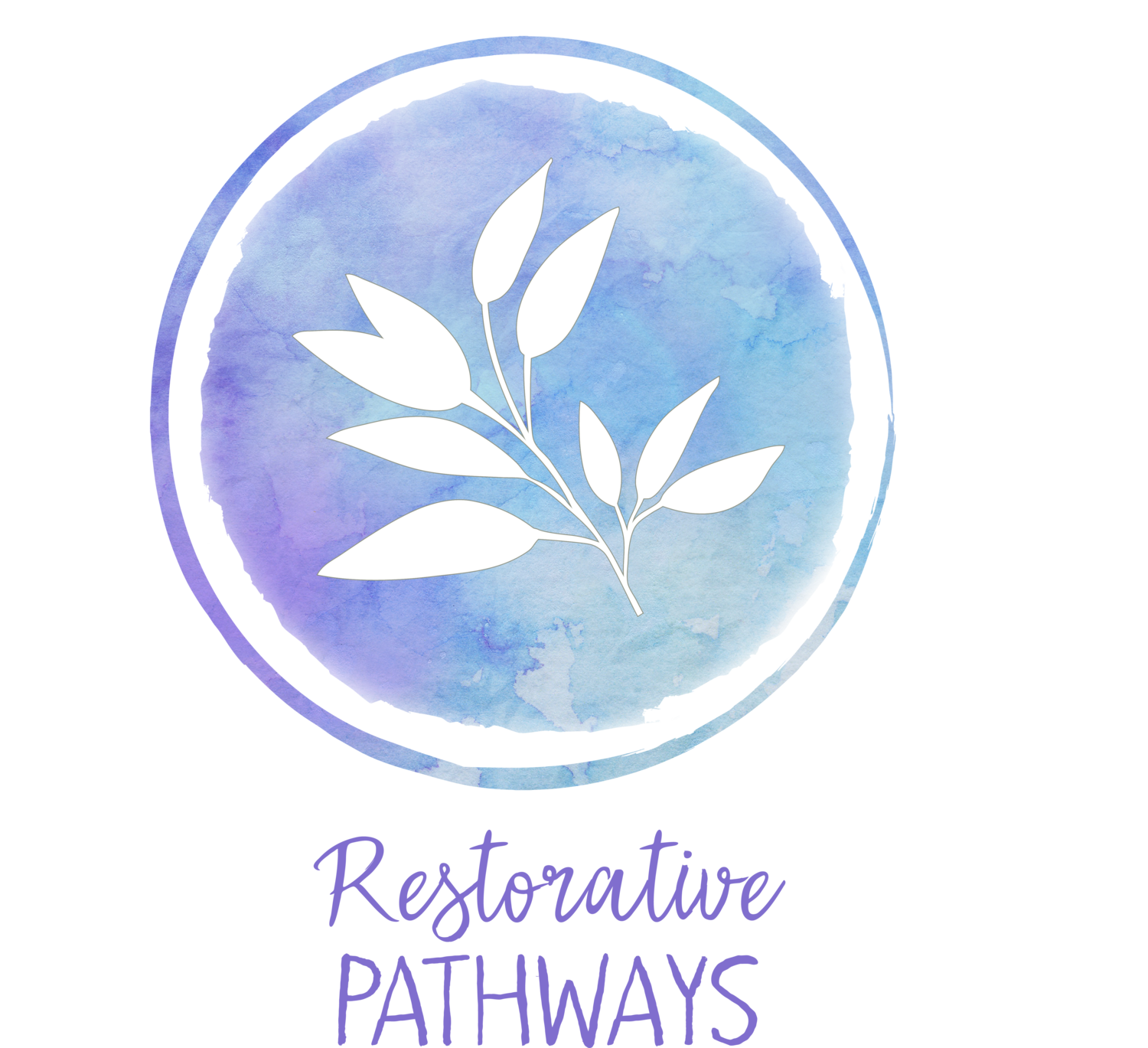What NOT to Say to a Woman Who Has Had a Miscarriage
As women, we largely do not talk about it despite almost a quarter of all pregnancies ending in miscarriage. So, why don’t we talk about it? Yes, it is painful, it is sad, it is a time where I was searching for meaning, for understanding and looking for “why”. Women feel shame, guilt, and sadness, however, one of the worst things about talking about it is the reaction of other people. For those trying to support and encourage a loved one going through this terrible time, I’ve listed some common responses that hurt more than they help.
This blog is not intended to be used to diagnose or treat any mental disorder. If you have mental health symptoms, please discuss them with a licensed mental health professional or your primary care physician.
What NOT to say to a Woman who has had a Miscarriage
In June I learned that the impossible happened, I learned, I WAS PREGNANT! Never thought this would happen. I had a range of crazy feelings about it all, but in the end, I was having a baby. Then, a month after I found out, one late night in July, I started what would be the worst experience of my life so far.
I had a miscarriage. As women, we largely do not talk about it despite almost a quarter of all pregnancies ending in miscarriage. So, why don’t we talk about it? Yes, it is painful, it is sad, it is a time where I was searching for meaning, for understanding and looking for “why”. Women feel shame, guilt, and sadness, however, one of the worst things about talking about it is the reaction of other people.
For those trying to support and encourage a loved one going through this terrible time, I’ve listed some common responses that hurt more than they help.
What NOT to say to a woman experiencing a miscarriage:
The “heavenly” response
These are all the “encouraging” words people attempt to give in which they remind you that you lost your child.
Common phrases: “Heaven just needed another angel”, “Don’t worry, you’ll get to meet that baby in heaven”, “Everything happens for a reason.”
While it is completely understandable that you wish to bring meaning and hope to the situation, this puts a woman in a very complex situation.
The “scientific” response
These are the logical words that are meant to make some how feel better that it could have been worse.
Common Phrases: “At least it happened early.”, “At least it was not a baby yet.”, “1 in 4 women experience miscarriages.”
While you may feel this way about things and maybe you feel this would be helpful to you, it does not feel better to know that so many other women have gone through the pain and devastation women are going through. What many do not understand is for many women, (even myself, who was incredibly cautious, knowI got the reality of my situation) start making plans. They envision a child, their nursery, the cute toys and clothes to buy, and maybe even contemplated names of their future baby.
The “Checklist” response:
Yikes. This is those that pry into the details of what all the could’ves and should’ves been:
Common Phrases: “What happened? Did you take your prenatal vitamins?”, “What kind of care were you under, did you see your doctor?” or “Are you sure this isn’t just a really bad period?”, “Did you do something bad? God’s discipline/Karma is hard sometimes...”
This, I believe, is one of the WORST responses to receive. It blames a woman who is in pain and trying to find some meaning in this meaningless situation. Fortunately, I never heard this; but, I have read and listened to other women’s horror stories.
These all fall under the category: “if you have nothing nice to say, don’t say it at all.”
Some fact bombs for you about pregnancy loss:
A common reason for miscarriage is based on genetics - the baby didn’t have the correct number of chromosomes (this has nothing to do with your behaviors/actions).
Biological issues such as scar tissue, fibroids, or conditions like separated uterus can cause problems for pregnancy. (Again… not your fault!)
10 to 15 percent of a known pregnancies result in miscarriage, typically in the first trimester. (You’re not alone!)
1 in 4 women will experience a miscarriage in their lifetime! (You probably have friend who has gone through this too!)
1% have repeat miscarriages or 2 or more in a row and 65% of those women do eventually have a successful pregnancy! (There is still hope!)
By now, you’re thinking what in the world can I do or say to help? I cannot speak for all women everywhere, but I will tell you what helped the most for me!
What helped me
One of the greatest things… food!
Anyone who knows me knows I love food! I had no desire to cook, to shop, or to do anything! My mom came and stayed with me for a few days and she decided to cook my husband and I a meal each day she was there, and even left a few simple meals for when she had to go home. This was the greatest blessing! Instead of saying “I’m here if you need me” or “What can I do to help?” Just consider bringing or cooking a meal or helping with simple household chores. Actions are more comforting that words.
Presence
My family simply being present in the house with me forced me to at least get out of bed. I played some games, watched TV, and just sat with them. I required nothing of them but to just simply be there with me. Do not underestimate the power of just being there.
Sharing
This one is both tough and helpful. As I decided to talk to women who knew about what had happened, many would share with me their experiences too. While I know it is hard, and I know that their stories are also sad, I felt understood and less alone knowing that many of the women in life have been where I was and many of them are now moms of beautiful, talented, smart, healthy children.
I experienced the worst feelings in the world, the loss, the physical pain, feelings of inadequacy, guilt, shame, depression, loneliness… the list goes on. With a little hope, a little faith, and a lot of support, I am moving forward, finding my purpose, and planning for a beautiful future - no matter what that holds. I am grateful for the support I received through those around me, and I want to tell whomever may be reading this, that there is support out there for you too.
If you feel you’re at the end of your rope, please schedule an appointment today to see a counselor who can help empower you through your darkest days.
Dee Brooks, CT is a Counselor Trainee at Restorative Pathways Counseling and is currently completing her Masters of Science in Clinical Mental Health Counseling at the University of the Southwest. She is a photographer and in her free time, you may find her at the local pet store on holidays and special occasions providing people with unique pet photos. She also loves traveling and going on adventures with her husband, Matt, and dog, Xena. She enjoys being active in community and church events and is always excited to volunteer and support local businesses and events.
Statistics from https://www.marchofdimes.org/complications/miscarriage.aspx



